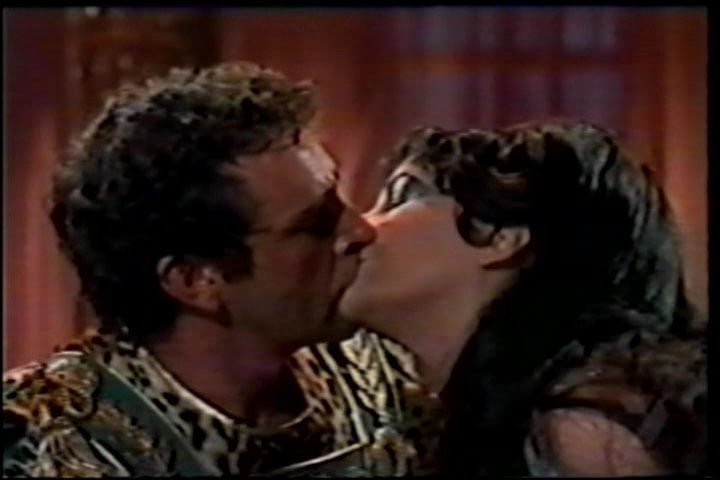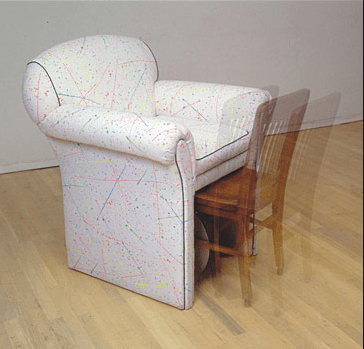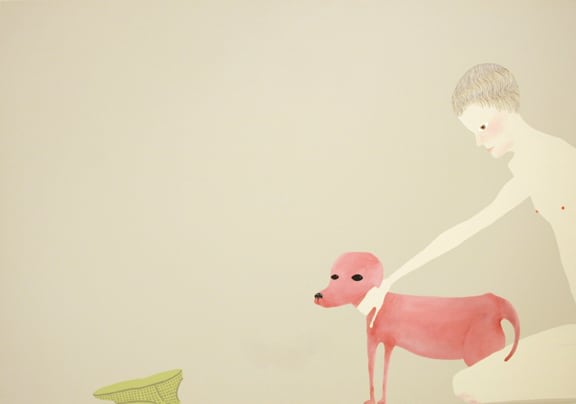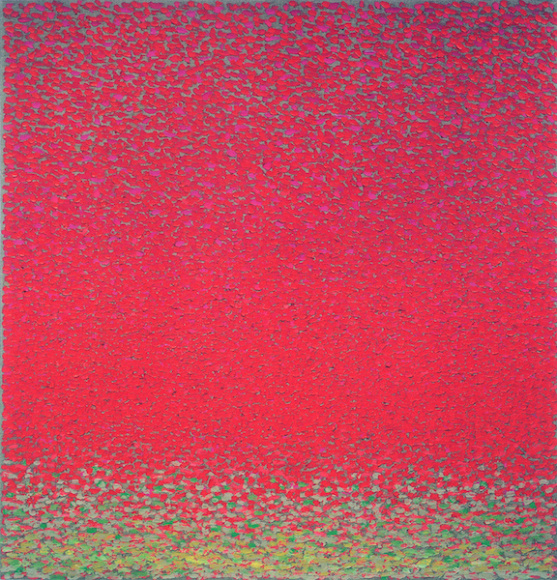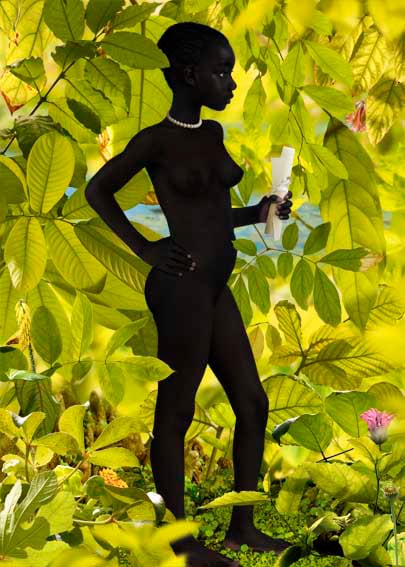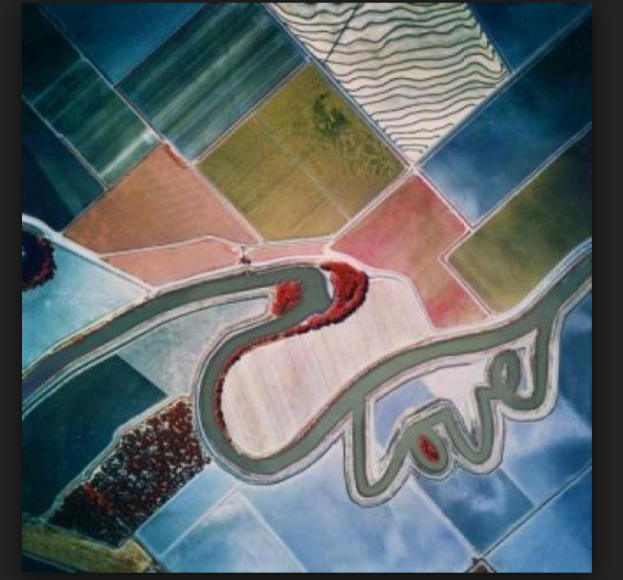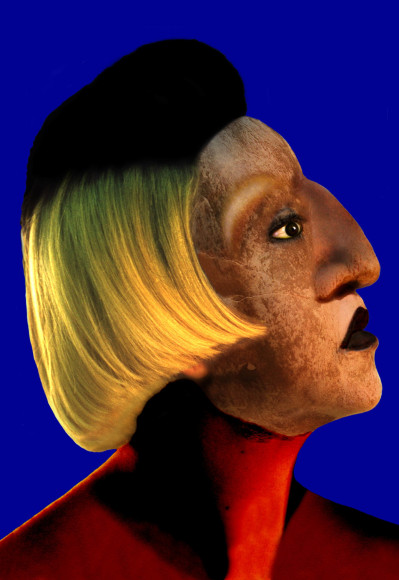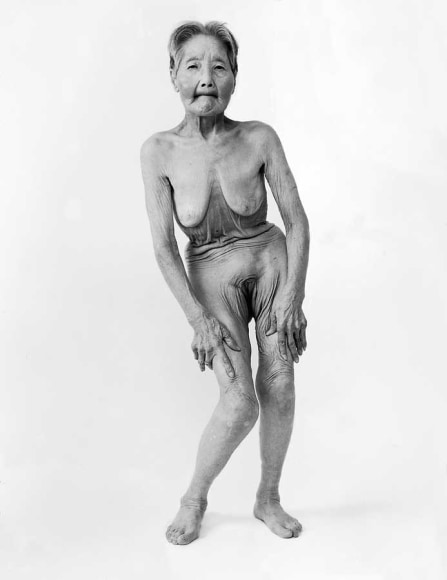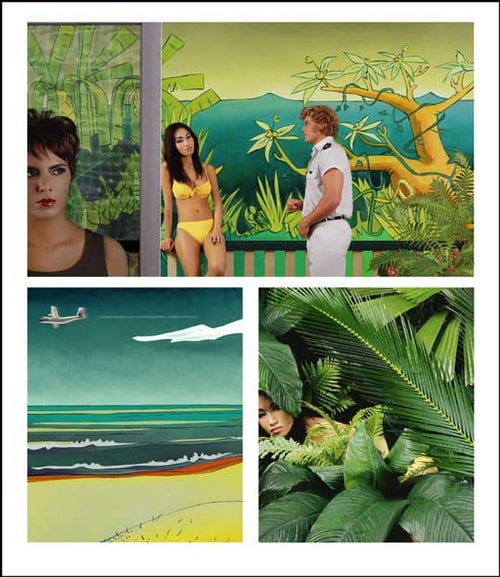The Stux Gallery presents Bad Big Love, a group exhibition of Gallery artists that creates a dialogue concerning the
visual expression of that most repressed of human emotions, namely Love. This evocative pairing of works provides a
voyeuristic insight into the repression of innate human instinct, illustrating that regardless of political, social or cultural
pressures, the expression of love infallibly transcends. The artist’s involved address the notion of love from diverse
points of view, and through various media, contrasting the “syrupy and sweet” version of this visceral emotion.
Icelandic-born, New York based painter Thordis Adalsteinsdottir’s idiosyncratic paintings inhabit a peculiar zone
between figuration and pure fantasy. The artist’s subjects, both human and animal, enact scenes that recall domestic
abuse and sexual dysfunction.
Ruud van Empel’s photo-works explore fantastic and illusionary worlds, presenting thoroughly unique voyeuristic
glimpses into unknown and seemingly impossible settings. The photographs function as uncanny digitalized
“fairytales,” created through the mastery and manipulation of digital technology, confounding the conventionally
sensitive emotional cues often coupled with this subject matter.
Senior German master painter Kuno Gonschior, who lives and works near Düsseldorf, Germany, was recognized early
on in his career with his prominent multi-room installation at Documenta 6. The works on view evoke, abstractly, the
notion of longing for a lost love. The title of the paintings, Landscapes for Ulrike, expose these works for what they are,
a “gift of Love” for the artist’s late wife.
Tracey Moffatt’s hauntingly whimsical film Love addresses our inherent need to scrutinize the most vulnerable of
human emotions via their representation in mass media. Her work addresses our innermost taboos head on.
Attaching humanistic qualities to his large-scale constructs, Dennis Oppenheim subverts the fleeting nature of human
emotions. Salutations to the Sky, 1994, a photographic intervention, questions the human relationship to the ephemeral
notion of Love.
Orlan’s treatment of her own image is enhanced by the introduction of issues of “self” and “other.” The overwhelming
collection of “faces” in combination with Orlan’s already hybridized face, offers insight into the complexities of an
artist who is attempting to create a new “self.” As a result, Orlan simultaneously asks her audience to question their
own ideal self, and their ability (or failure) to “fall in love” with their own self-image.
In his 1999 series Beyond Decorum, Iké Udé creates close-ups of men’s business shirts and women’s high-heeled
shoes, except that instead of the usual manufacturer’s label inside, each bears the text of a pornographic personal ad.
The photographs highlight anonymous graphic descriptions of pornographic desire that are intended, ironically, for
public distribution.
Manabu Yamanaka’s empathic portraiture of 90 year old Japanese women reveals a concept of love that transcends
the body: some laugh, others are shy, inquisitive, or even flirtatious. These timeless and ageless qualities are courtesy
of the trust bestowed in the artist by the subjects, reminding us that the relationships we make can be art forms in and of
themselves.

